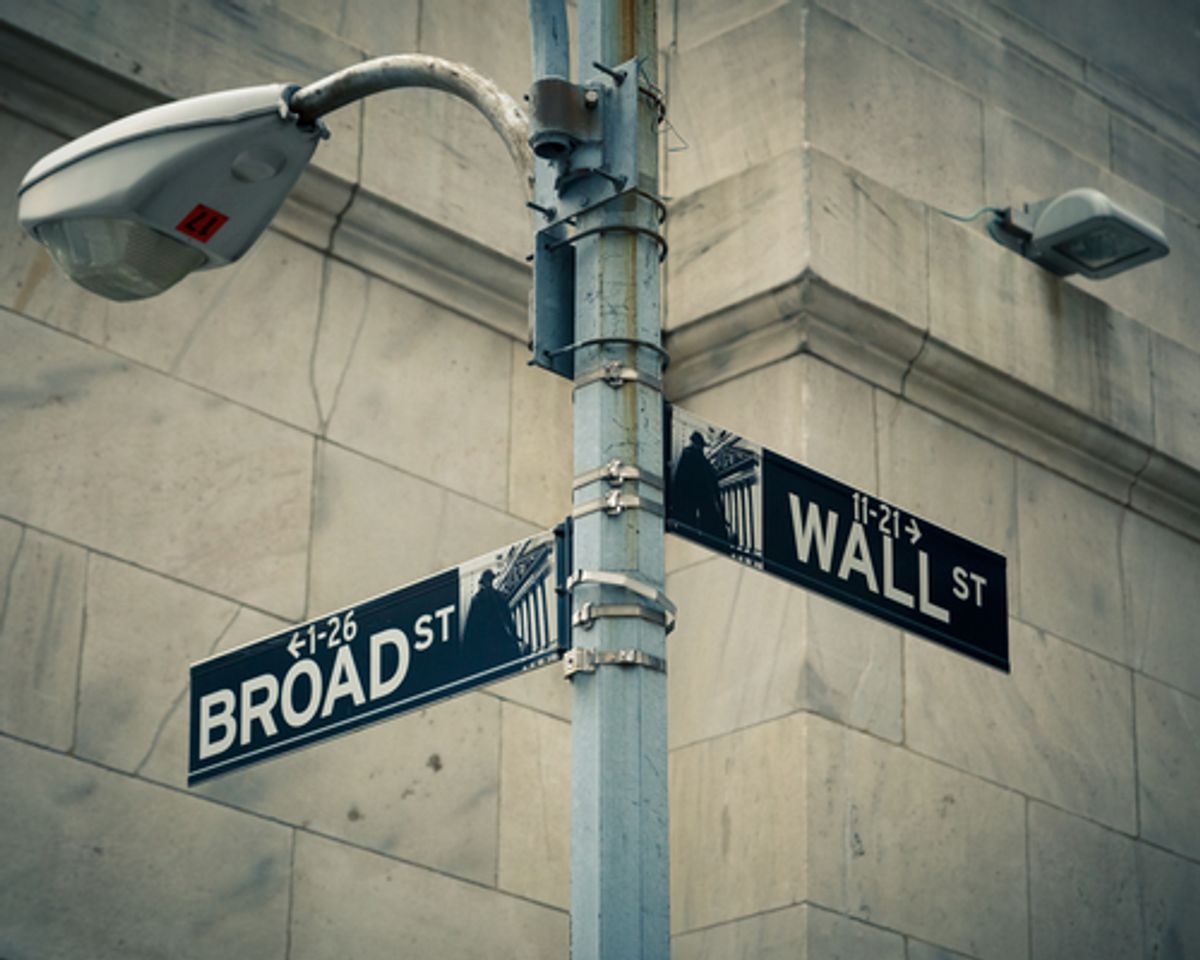The most troubling economic trend facing America this Labor Day weekend is the increasing concentration of income, wealth, and political power at the very top – among a handful of extraordinarily wealthy people – and the steady decline of the great American middle class.
Inequality in America is at record levels. The 400 richest Americans now have more wealth than the bottom 150 million of us put together.
Republicans claim the rich are job creators. Nothing could be further from the truth. In order to create jobs, businesses need customers. But the rich spend only a small fraction of what they earn. They park most of it wherever around the world they can get the highest return.
The real job creators are the vast middle class, whose spending drives the economy and creates jobs.
But as the middle class’s share of total income continues to drop, it cannot spend as much as before. Nor can most Americans borrow as they did before the crash of 2008 — borrowing that temporarily masked their declining purchasing power.
As a result, businesses are reluctant to hire. This is the main reason why the recovery has been so anemic.
As wealth and income rise to the top, moreover, so does political power. The rich are able to entrench themselves by lowering their taxes, gaining special tax breaks (such as the “carried interest” loophole allowing private equity and hedge fund managers to treat their incomes as capital gains), and ensuring a steady flow of corporate welfare to their businesses (special breaks for oil and gas, big agriculture, big insurance, Big Pharma, and, of course, Wall Street).
All of this squeezes public budgets, corrupts government, and undermines our democracy. The issue isn’t the size of our government; it’s who our government is for. It has become less responsive to the needs of most citizens and more to the demands of a comparative few.
The Republican response – as we saw dramatically articulated this past week in Tampa – is to further reduce taxes on the rich, defund programs for the poor, fight unions, allow the median wage to continue to fall, and oppose any limits on campaign contributions or spending.
It does not take a great deal of brainpower to understand this strategy will lead to an even more lopsided economy, more entrenched wealth, and more corrupt democracy.
The question of the moment is whether next week President Obama will make a bold and powerful rejoinder. If he and the Democratic Party stand for anything, it must be to reverse this disastrous trend.



Shares